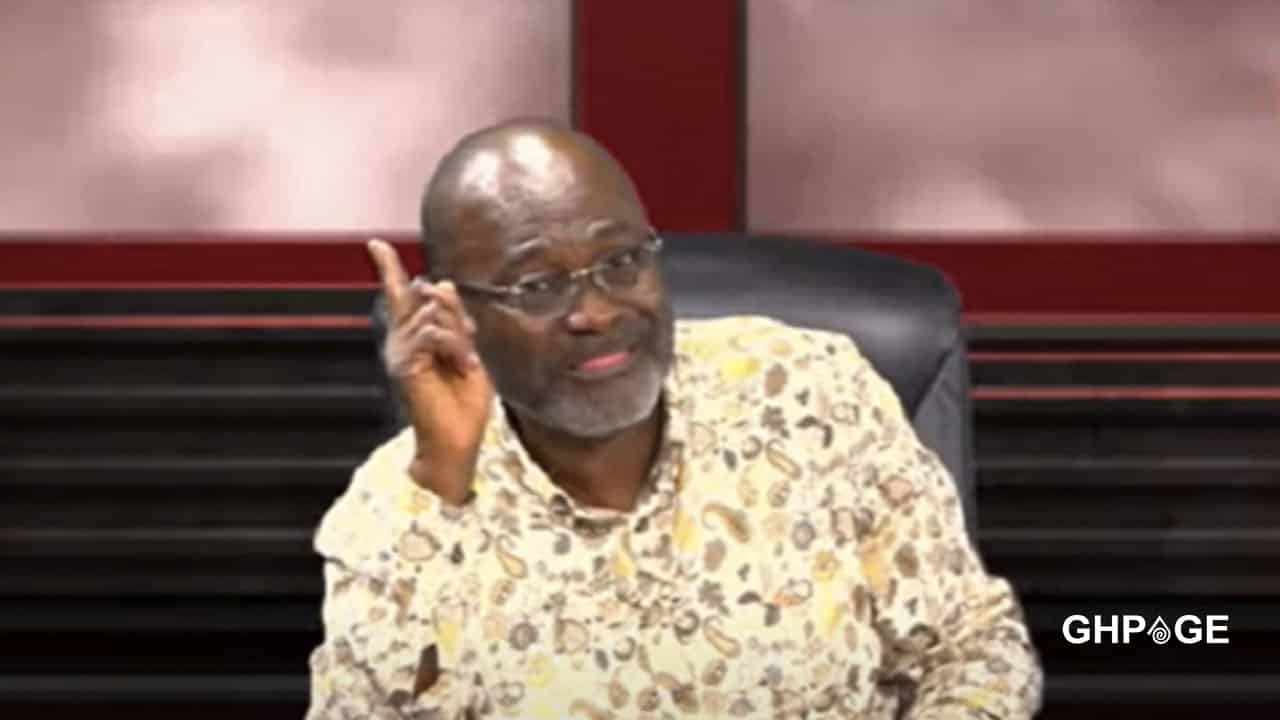A new documentary about Céline Dion and her diagnosis of stiff person syndrome (SPS) is in the works, with Amazon MGM landing the worldwide rights to the film.
The documentary, titled I Am: Céline Dion, follows the Quebec chanteuse as she is diagnosed with SPS and navigates her first year living with the neurological condition.
“This last couple of years has been such a challenge for me, the journey from discovering my condition to learning how to live with and manage it, but not to let it define me,” Dion, 55, said in a statement.
Dion shares that she is optimistic about the future and still plans to return to singing.
“As the road to resuming my performing career continues, I have realized how much I have missed it, of being able to see my fans. During this absence, I decided I wanted to document this part of my life to help others who share this diagnosis.”
The synopsis for the doc reads: “From visiting her couture touring wardrobe and personal effects to spending time in the recording studio, the documentary captures a global megastar’s never-before-seen private life. An emotional, energetic, and poetic love letter to music, I Am: Celine Dion captures more than a year of filming as the legendary singer navigates her journey toward living an open and authentic life amidst illness.”
The documentary, which will air on Prime Video Canada, has yet to be given a release date.

Dion first revealed her diagnosis to the public in December 2022, saying the disease does not allow her “to sing the way I’m used to.”
She cancelled the rest of her world tour last May, apologizing to her fans.
“I’m so sorry to disappoint all of you once again,” she said in a statement. “I’m working really hard to build back my strength, but touring can be very difficult even when you’re 100 per cent.
The move came after she postponed her return to her Las Vegas residency in 2021, citing medical issues.
This past December, Dion’s sister, Claudette Dion told French-language news site 7 Jours that her sister can no longer control certain body movement, but that the ultimate goal is “to return to the stage.”
“In what capacity? I don’t know,” she added.
And several months earlier, in August, Claudette said that another of their sisters, Linda, had moved in with Dion to help with her care.
“When I call her and she’s busy, I speak to my sister Linda who lives with her and tells me that she’s working hard. She’s listening to the top researchers in the field of this rare disease as much as possible,” Claudette told Le Journal at the time.

The cause of SPS, an extremely rare disease, is still unknown, according to Yale Medicine, “but researchers suspect that it may be the result of an autoimmune reaction where the body attacks nerve cells in the central nervous system that control muscle movement.”
The name doesn’t do justice to the pain and life-changing symptoms the syndrome causes, Tara Zier, founder of the Stiff Person Syndrome Research Foundation, told The Canadian Press last year.
“A lot of people have challenges with mobility. Many have assisted devices for mobility, walkers, wheelchairs. Some people are bedridden,” she said.
FILE – Celine Dion announced in May she is cancelling her “Courage” world tour as she continues to receive treatment for stiff person syndrome.
Graham Hughes / The Canadian Press
The Stiff Person Syndrome Research Foundation says “the most common symptoms of SPS are muscle rigidity, stiffness and spasms in the muscles of the trunk including the back and limbs.”
These can be triggered by environmental stimuli, like loud noises or emotional stress.
“The muscle spasms can be so severe they cause the person to fall down. The muscles gradually relax after the stimulus is gone,” the Yale Medicine website states.
While there is no cure for SPS, when doctors treat patients with this condition, Yale Medicine says they focus on managing the symptoms with medications “such as sedatives, muscle relaxants, and steroids.”
© 2024 Global News, a division of Corus Entertainment Inc.












![[VIDEO] Agya Koo celebrates like Cristiano Ronaldo after scoring penalty](https://ghananewss.com/storage/2023/02/BeFunky-collage-2023-02-17T164545.706-scaled-100x75.jpg)








